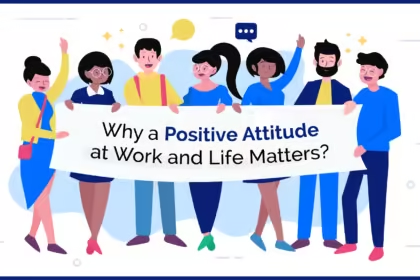How to Create a Career Development Plan 2024, In today’s dynamic job market, proactively managing your career trajectory is essential for achieving long-term professional growth and fulfillment. A well-crafted career development plan can serve as a roadmap, guiding you through the various stages of your professional journey and helping you stay focused on your goals. Here’s a comprehensive guide to creating a career development plan that will empower you to take charge of your career and unlock your full potential.
- Conduct a Self-Assessment
The first step in creating a career development plan is to engage in a thorough self-assessment. Take the time to reflect on your values, interests, strengths, and weaknesses. Identify the skills and competencies you possess, as well as those you need to develop or acquire. Consider your personality traits, work style preferences, and the environments in which you thrive. This self-reflection will provide valuable insights and help you clarify your career aspirations. - Define Your Career Goals
With a clear understanding of your strengths, weaknesses, and preferences, you can begin to define your career goals. Start by envisioning where you want to be in the short term (1-3 years), medium term (3-5 years), and long term (5+ years). Consider various aspects such as job titles, responsibilities, industries, or even entrepreneurial pursuits. Ensure that your goals are specific, measurable, achievable, relevant, and time-bound (SMART). - Identify Skill Gaps and Development Needs
Compare your current skills and competencies with the requirements of your desired career goals. Identify any gaps or areas where you need further development. This could include technical skills, soft skills, industry knowledge, certifications, or educational qualifications. Prioritize these development needs based on their importance and the timeframe in which you want to address them. - Explore Learning and Development Opportunities
Once you’ve identified your skill gaps and development needs, research and explore various learning and development opportunities. These could include formal education (e.g., degrees, certifications), on-the-job training, mentorship programs, online courses, workshops, or professional development seminars. Consider your learning style and preferences, as well as the availability and cost of these opportunities. - Set Achievable Milestones and Timelines
Break down your larger career goals into smaller, achievable milestones. Assign realistic timelines to each milestone, taking into account your current circumstances, available resources, and potential challenges. This approach will help you stay focused, motivated, and accountable throughout your career development journey. - Create an Action Plan
Develop a detailed action plan that outlines the specific steps you will take to achieve your career goals and milestones. This plan should include the learning and development opportunities you’ve identified, as well as any additional actions or strategies you plan to implement, such as networking, seeking mentorship, or pursuing new projects or responsibilities within your current role. - Build a Support System
Surround yourself with a supportive network of professionals, mentors, and peers who can provide guidance, feedback, and encouragement throughout your career development journey. Identify individuals who have achieved similar goals or have expertise in areas relevant to your aspirations. Their insights and advice can be invaluable in navigating challenges and making informed decisions. - Regularly Review and Adjust
Your career development plan should be a living document that evolves as your circumstances, interests, and goals change over time. Set aside regular intervals (e.g., quarterly or annually) to review your progress, assess the effectiveness of your strategies, and make necessary adjustments. Be open to new opportunities, emerging trends, and changing priorities that may require modifications to your plan. - Embrace Lifelong Learning
Continuous learning and professional development are essential for staying relevant and competitive in today’s rapidly changing job market. Cultivate a growth mindset and embrace lifelong learning as a core value. Seek out new challenges, stay up-to-date with industry trends, and continuously explore opportunities to expand your knowledge and skills. - Stay Motivated and Celebrate Successes
Creating and following a career development plan can be a long and challenging journey. It’s essential to stay motivated and celebrate your successes along the way, no matter how small. Acknowledge your achievements, reflect on the progress you’ve made, and use these milestones as fuel to propel you towards your larger goals.
Developing a comprehensive career development plan requires time, effort, and dedication, but the rewards are immense. By taking a proactive approach to your professional growth, you can navigate the complexities of the modern job market with confidence, adapt to changing circumstances, and unlock opportunities for personal and professional fulfillment.
Remember, your career development plan is a flexible tool designed to guide and support your journey. Embrace it as a living document that evolves with your aspirations and circumstances, and you’ll be well-equipped to chart a path towards a rewarding and fulfilling career.








